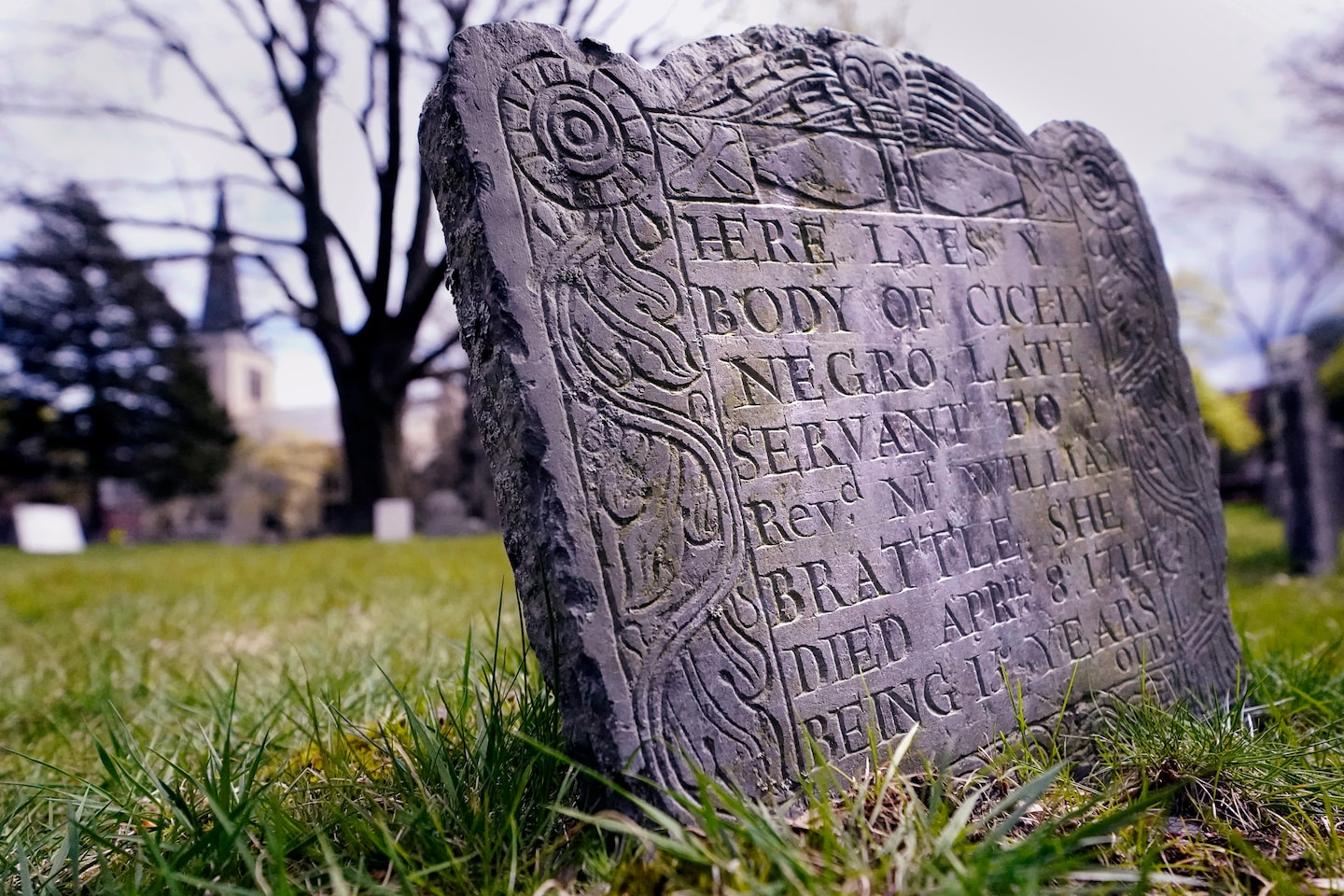“An institution entangled with American slavery and its legacies.” That was how a faculty committee described Harvard University in a landmark study documenting, in unflinching detail, the school’s extensive ties to slavery. The report detailed how enslaved people worked on the campus for more than 150 years, how the school benefited from deep financial connections to slavery and how its academics promoted racist theories. At a time when some are trying to whitewash U.S. history, this bracing honesty is most welcome.
Harvard’s good-faith effort to reckon with its past should be applauded

The “Harvard and the Legacy of Slavery Report,” which the university released last week after nearly 2½ years of work, chronicles a past that starts in the Colonial era, during which more than 70 people were enslaved by Harvard presidents and other leaders, faculty and staff. While noting the storied work of Harvard faculty, students and alumni who were vocal abolitionists, the report illuminated the lesser-known fact that wealthy donors enriched the school with money earned through slave-trading and businesses that depended on slavery, such as Caribbean sugar and Southern cotton. After the Civil War and into the 20th century, prominent faculty members promoted bogus theories of racial differences that were used to justify segregation, and the school was slow to open its doors to Black students as it catered to the nation’s White upper class.
The school pledged to spend $100 million to atone. The report suggests tracing the modern-day descendants of enslaved people at Harvard, forging partnerships to improve schools in the American South and the West Indies, and creating exchange programs between students and faculty members at Harvard and those at historically Black colleges and universities.
Harvard is not the first university to try to come to grips with its problematic past. Indeed, it has lagged behind others, such as Georgetown University and Brown University, and its efforts came under immediate criticism. Why did it take Harvard so long? Couldn’t $100 million be better spent directly helping the victims of bigotry and belittlement? The university expected this criticism. “We are not naive. This is an age of deep social divisions, and we know our efforts may be met with criticism and cynicism,” Harvard President Lawrence S. Bacow and Tomiko Brown-Nagin, the scholar who led Harvard’s effort, wrote in The Post. The university can show its commitment to making amends by ensuring its money goes to causes that achieve maximum good for those still struggling under the country’s brutal legacy of slavery and racism.
The fact is nothing — no amount of scholarly research, no amount of money — will ever atone for the sin of slavery. But Harvard’s good-faith effort to acknowledge that terrible truth should not be condemned; it should be applauded.






